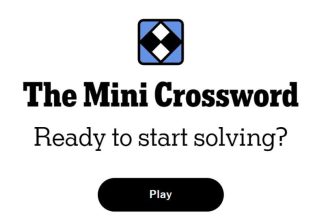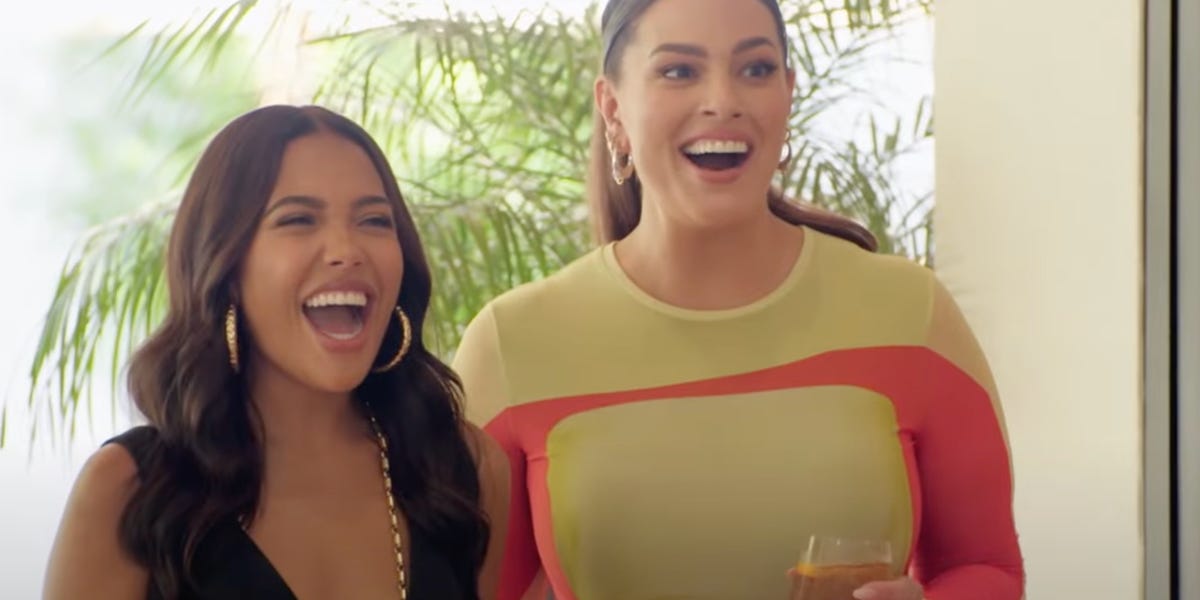A new five-episode series for Roku, “Side Hustlers,” presents six women who will be “fighting for a life-changing investment” from entrepreneur Emma Grede and model and TV personality Ashley Graham.
“Whose business will flourish and who will remain a side hustler?” a voiceover says ominously in a trailer that dropped last month.
The series comes not from a traditional reality TV producer but from Ally Financial, which wanted to speak to the challenges faced by women during the pandemic in an entertaining and uplifting way.
Ally worked with Reese Witherspoon’s production company Hello Sunshine to develop the show and pitch it to Roku, where it started airing on March 1.
“It felt like it was more authentic,” Andrea Brimmer, chief marketing and PR officer of Ally Financial, parent of Ally Bank, said of the decision to use the reality format. “You see their struggles. Reality allowed you to feel every moment of the journey with those women.”
Brands have increasingly tread into filmed entertainment to grab ad-avoidant viewers. The format of choice has been documentaries, which are quicker and cheaper to make than scripted content. Docs also let brands tell their back story or associate themselves closely with specific subjects and values. Recent examples include Procter & Gamble making the LGBTQ+-themed doc “Coded: The Hidden Love of J.C. Leyendecker” and Neutrogena backing “In the Sun” about skin cancer.
But lately, some brands have waded into the popular reality format.
In another recent example, H&R Block in February dropped “Responsibility Island,” a limited series reality spoof based on the popular British reality dating show “Too Hot to Handle.” In H&R Block’s version, sexy singles arrive at a tropical oasis for what they think will be a week of partying, only to be faced with adulting tasks, including doing their taxes. The series is airing on Roku.
“Responsibility Island” was an extension of an entertainment approach to its marketing that H&R Block has taken to win over Gen Z. “We’ve been doing a lot of entertainment-led content, largely on TikTok, FinTok, and it’s worked well for us,” said Jill Cress, who became chief marketing and experience officer for H&R Block in 2022. Cress brought an entertainment background to the role from her time as CMO of National Geographic. “It is the perfect escape; reality TV is a genre that just delights them.”
In consumer tech, Samsung announced in 2022 its second season of “Exposure” on YouTube, with creators competing to make the best shareable content using the Galaxy S22 Ultra.
And in 2021, Shopify backed “Own the Room” on Disney+, where five students from around the world vied for a $100,000 entrepreneur award.
Other brands like Neutrogena have lately co-opted the reality TV format for social media series.
“To do a purely entertainment reality series is something you don’t see every day,” said Zoe Fairbourn, head of strategic partnerships and branded entertainment at Hello Sunshine. “Hopefully, it shows brands can have more of a voice in a different kind of storytelling beyond just documentary films.”
The comedic approach is also a relatively new way in for brands, said Rick Parkhill, director and cofounder of Brand Storytelling, an organization that promotes brand-funded content.
“Twenty- to 30-year-olds aren’t so interested in the documentary-style story of how H&R Block got started,” he said. “Audiences are attracted by uplifting docs, but comedy works really well. And comedy is the most effective audience builder when it comes to advertising.”
Brands want to entertain but within guardrails
Reality television has expanded over the past 15 years, boosted by the 2008 writers’ strike. It now accounts for some of TV’s most popular shows. Last year’s writers’ strike gave networks a reason to rely on reality fare all the more, knowing the work stoppage would impact their fall scripted slates.
Riffing on the reality format might be a way for brands to try to be more culturally relevant and show streamers they can make legitimately entertaining content. But when a brand is involved, there will be guardrails that limit what topics are covered and how.
“Side Hustlers” is uplifting rather than cutthroat. Each woman gets mentoring, and while all may not get funded, the show is not set up as an elimination-style competition. “We wanted ‘Side Hustlers’ to be about women empowering other women,” Brimmer said. There is Ally branding throughout.
With “Responsibility Island,” which was written by Jill Kargman and Lara Spotts, who wrote the Bravo comedy “Odd Mom Out,” the goal was to be fun and self-deprecating “without being too reckless,” Cress said. One character expresses an interest in plants, but the show doesn’t come out and say she smokes weed, for example.
“We were walking that fine line between making it fun and entertaining but not to a point where it’d be brand detrimental,” she said.
It’ll be up to viewers to decide if they succeeded.
Read the full article here





